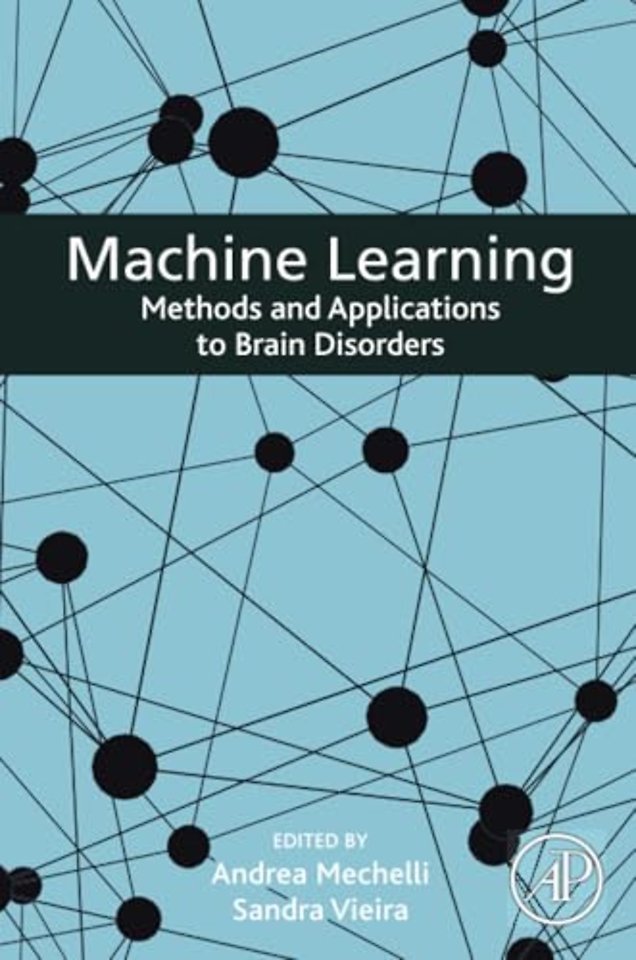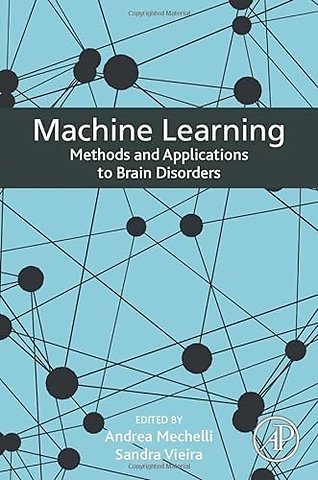Machine Learning
Methods and Applications to Brain Disorders
Samenvatting
Machine Learning is an area of artificial intelligence involving the development of algorithms to discover trends and patterns in existing data; this information can then be used to make predictions on new data. A growing number of researchers and clinicians are using machine learning methods to develop and validate tools for assisting the diagnosis and treatment of patients with brain disorders. Machine Learning: Methods and Applications to Brain Disorders provides an up-to-date overview of how these methods can be applied to brain disorders, including both psychiatric and neurological disease. This book is written for a non-technical audience, such as neuroscientists, psychologists, psychiatrists, neurologists and health care practitioners.

